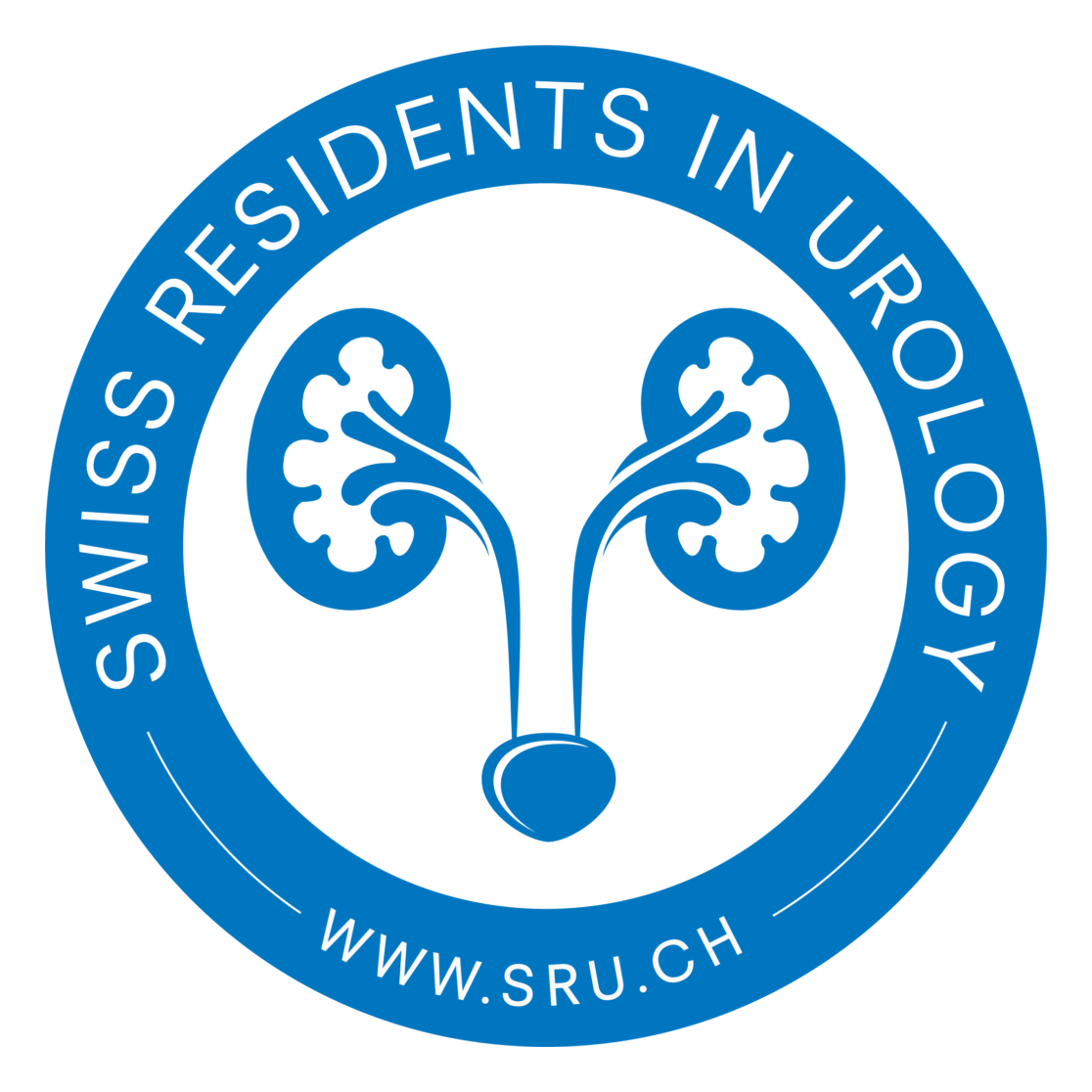Le programme EAU Talent Incubator se compose de quatre modules qui se concentrent sur différentes compétences non techniques telles que le leadership et la communication, le bien-être mental, les technologies numériques ainsi que la recherche et les études.
La SRU a soutenu financièrement Pia Kraft de Winterthur et Andres Affentranger de Lucerne afin qu’ils puissent participer au premier module du programme Talent Incubator de l’UAE à Innsbruck.
Nous avons de bonnes nouvelles : La SRU soutiendra à nouveau le premier module sur le leadership et la communication, qui aura lieu du jeudi 9 janvier au samedi 11 janvier 2025 à Innsbruck. Vous recevrez de plus amples informations sur la candidature à l’automne via la newsletter SRU. Si tu es intéressé par le programme, tu peux volontiers consulter les rapports de Pia et Andres.
***
Recap on EAU Talent Incubator Program Module One
Completing the Talent Incubator Module One has provided valuable insights. Beyond medical expertise, we emphasised the importance of building strong relationships with colleagues and patients. Effective communication, empathy and cultural sensitivity are critical to fostering trust and collaboration in patient care.
In addition, the course highlighted the importance of doctor’s wellbeing and self-care. A balance between the demands of the profession and personal health is critical to maintaining high quality patient care and preventing burnout. Strategies for stress management and work-life balance were discussed, emphasising the importance of self-care in medical practise.
Another important topic was collaboration, highlighting the value of teamwork and specialisation in modern urology. By working closely with colleagues and leveraging each other’s expertise, urologists can provide comprehensive and tailored care to their patients.
Furthermore, the course emphasised the importance of leadership skills in managing the complexity of modern healthcare. Urologists must have the ability to lead multidisciplinary teams, champion patient-centred approaches and drive positive change in their specialty. By developing adaptable, socially intelligent leaders, the future of urology remains bright amidst the evolving challenges and advances in medicine.
Finally, we have concluded that the dynamic nature of medicine requires a commitment to lifelong learning in order to continually optimise patient care in our daily work.
Andres Affentranger

